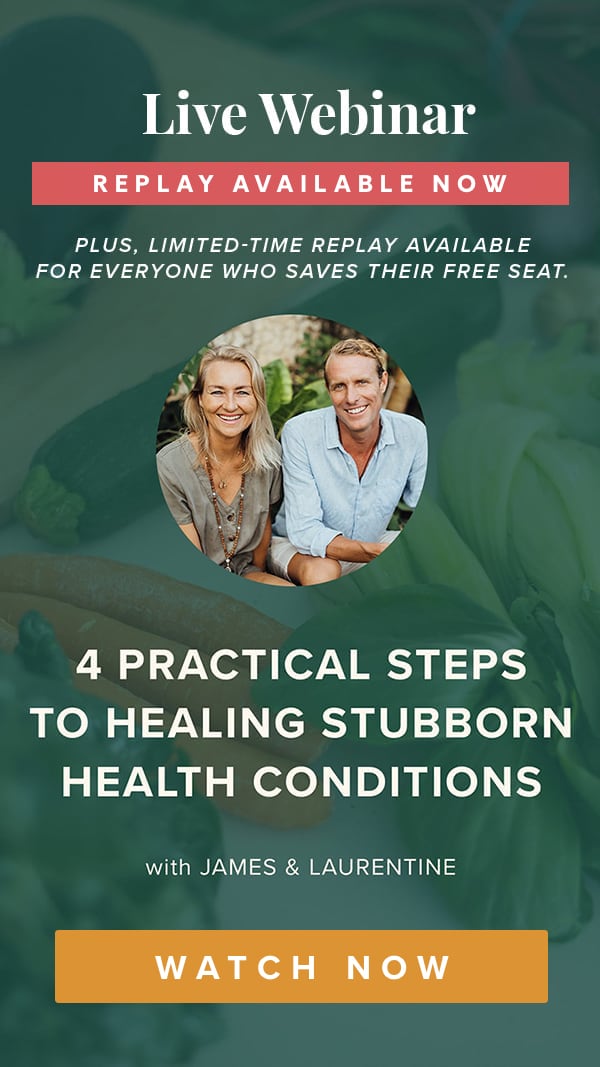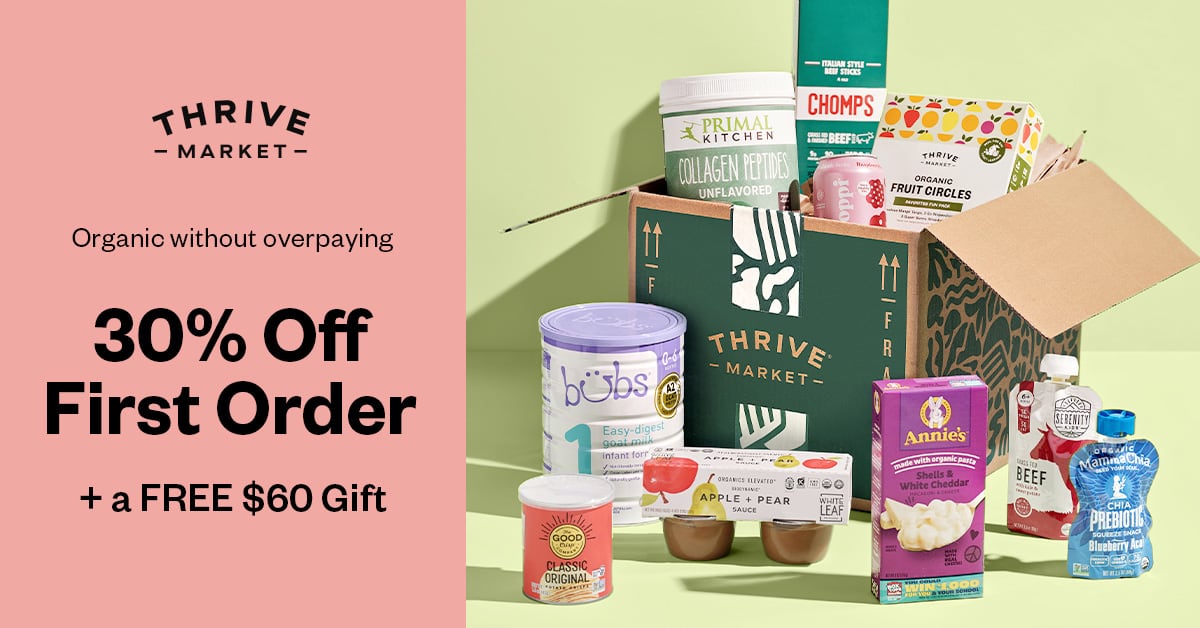Debunking Labels: How To Choose The Right Nut Butter
You’ve made the switch away from your extra-smooth peanut butter with the added sugars and it’s a step in the right direction. Yet many of us are mistaken in thinking by simply switching it out for a different kind of nut we’ll be healing all manner of sins. Sometimes that’s the case, but like most food marketing, the chemical additives have a way of sneaking themselves back in. First and foremost, the kind of nut butter you’re buying will largely depend on the nut itself - many of the health benefits will be determined by this. But if you’re looking for a beautiful blend of healthy fats and plant-based proteins, look no further than an ABC Butter. Almonds, Brazils, Cashews… all of the goodness in one place. Not only will debunking these labels help you live a healthier life, but we've used nut butter everywhere in our upcoming Clean Eating Program, so it's important to make sure you're getting the good stuff! If you’re still not sure where to begin, follow these tips on how to choose the right nut butter.
Follow The Two-Ingredient Rule
If you can make your own nut butter at home with just a blend of nuts, store-bought options shouldn’t be much more complicated than that. Unless, of course, they’re a blend of nuts or working in some raw cacao for a wholefoods take on Nutella. Anything extra should begin to raise questions. Let any extra ingredients be your first red flag.
Fat Is Good (Repeat After Me)
Nuts are naturally healthy, fatty foods. By taking the nut and grinding it into a spread, you’re releasing a lot of the natural fats, creating the paste-like texture. Reduced-fat may sound great for your waistline, but it means the nutritional composition of the nut has been altered somewhere along the way. What we should be doing is eating smaller portions of the full-fat stuff to get the maximum amount of nutrients available.
Avoid Any Unnecessary Additives, Preservatives, Fillers, and ‘Natural’ Flavors
One of the biggest lies sold to us is the idea of natural ingredients. ‘Natural’ refers to anything naturally-occurring, but as chemical manufacturing is a natural process (as far as science is concerned), these ‘natural’ flavors are often anything but. Be sure to proceed with caution, and if the option is there to avoid them, it’s always best to.
Avoid Palm Oil (Often Disguised As Vegetable Oil)
Palm oil is having devastating effects on both our individual health and the wellbeing of our environment. The jury is still out on whether palm oil is healthy or not - but advocates are often referring to the oil of the palm fruit. What is more present in foods is palm kernel seed oil, which offers minimal nutrients. Both versions of these oils come from the tropical palm trees, but growing demand has led to unsustainable production, destroying both the lives and habitats of endangered animals. Plus, when you’re eating food naturally rich in oils (like wholefoods nut butter), you don’t need any extra added nasties! To make matters worse, many countries don’t require palm oil to be labeled, as technically it fits under the umbrella of vegetable oil. So make sure you’re looking for a palm oil-free certification or double-checking exactly what kinds of unnecessary oils are in your nut butter.
Opt For Low Sodium
While we love salt in a homemade or wholefoods nut butter, still ensure you tread cautiously about exactly how much sodium is ending up on the end of your knife. Many nuts have naturally occurring levels of sodium, so adding excessive amounts to a recipe may begin to pave the way for chronic disease. If you’re making your own nut butter, check out this guide for what kinds of salt we love to use to get the blend just right.
Be Aware of Added Sugars
Sugars have a way of sneaking up on us in every aisle. While you would expect to find a few tablespoons of sugar in your supermarket-brand peanut butter, the refined sweeteners are finding their way into ‘natural’ brands of nut butter too. Not only do you have to look out for sugar, but also the artificial sweeteners like aspartame and sucralose - which are debatably more damaging for our health, as known carcinogens and contributing to neurological concerns.
Make Note of Any Milks
We’re not here to demonize dairy, but if you’ve got an intolerance or you’re avoiding for ethical reasons, this is a big one to watch out for. Added protein powders to bump the nutritional profile are often derived from ingredients like whey - if you’re opting for a protein-rich nut you shouldn’t need that extra boost to begin with.
The type of nut you opt for? That’s at your own discretion. Whether it’s a sweet treat of hazelnut, an old school peanut butter favorite, or a selenium-boosting brazil blend, the same rule always applies - as close to nature as possible.










